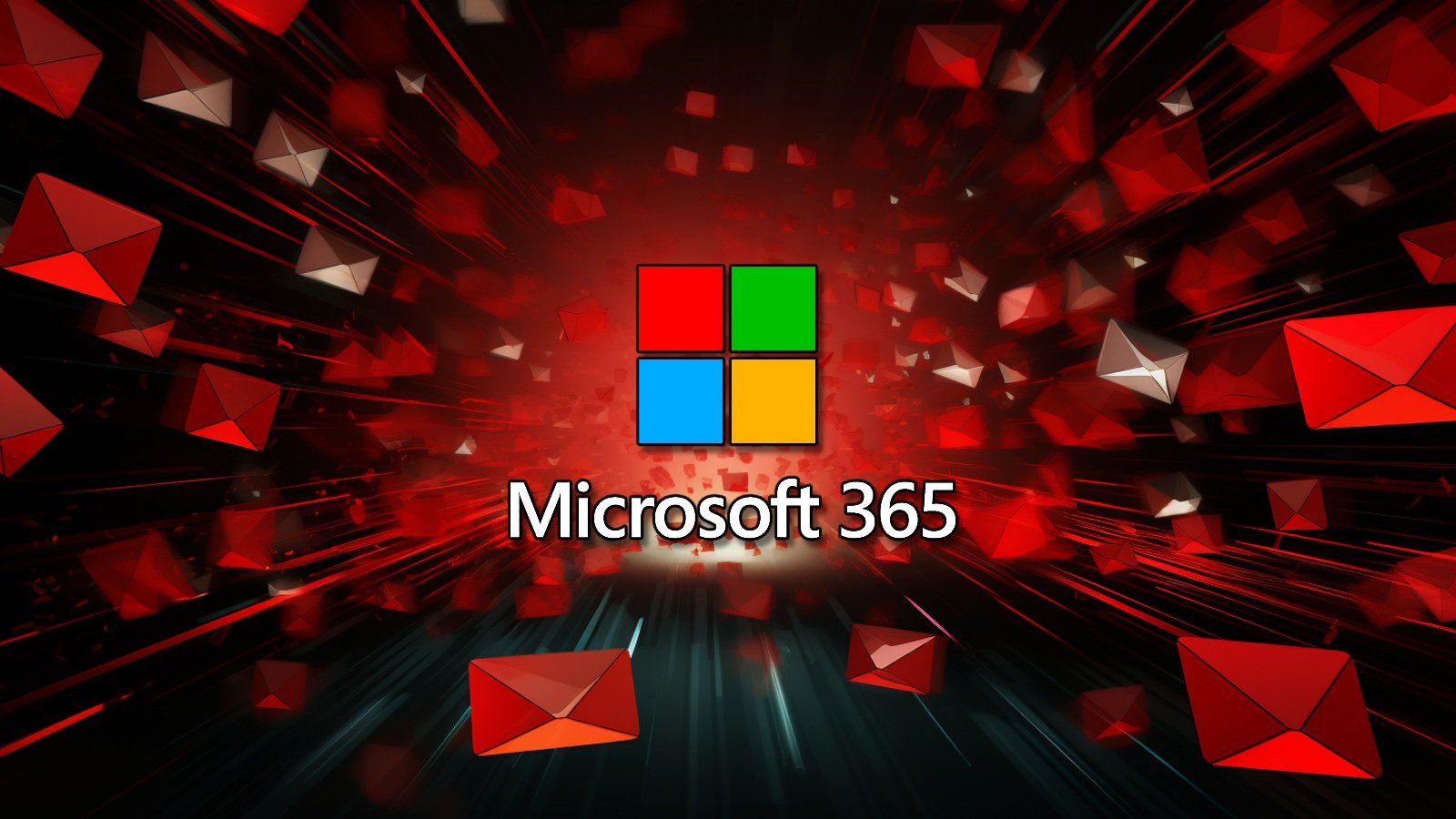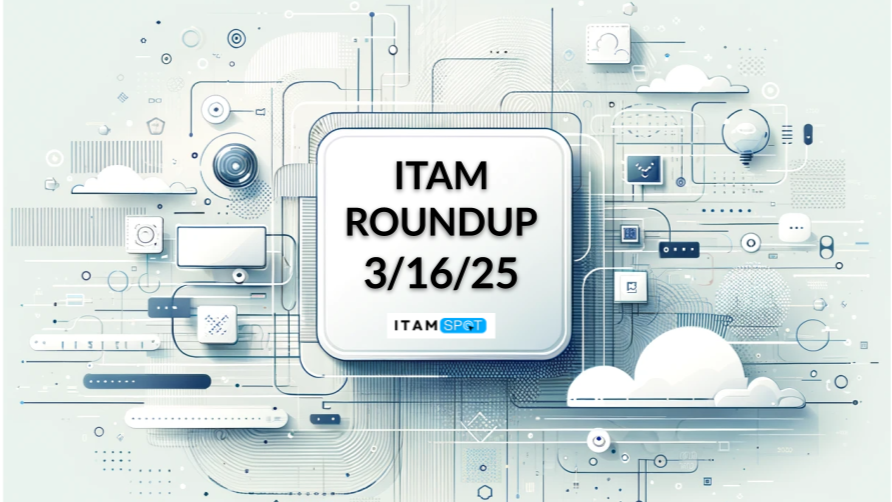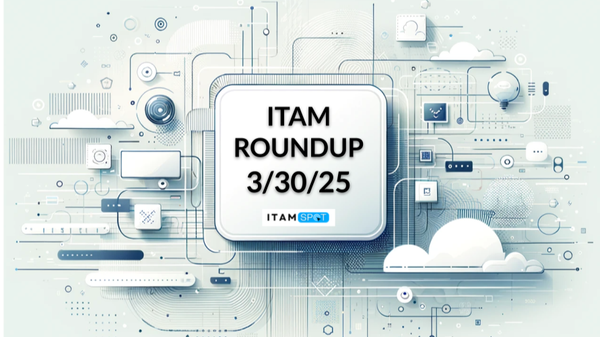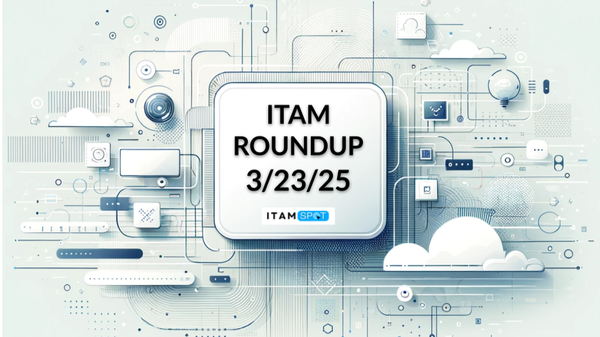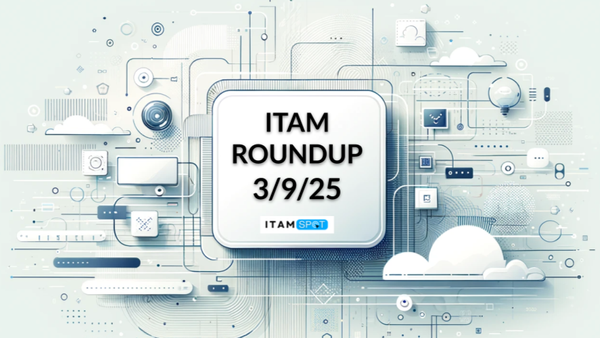The ITAM Roundup: 3/16/25
📰 News
ServiceNow to buy Moveworks for $2.85B to grow its AI portfolio
ServiceNow is acquiring Moveworks for $2.85 billion in cash and stock to enhance its AI-driven automation capabilities, with the deal expected to close in the second half of 2025. Moveworks, known for its AI-powered enterprise support solutions, will integrate with ServiceNow’s platform to streamline AI adoption across IT, HR, and other business functions. This acquisition aligns with ServiceNow’s broader AI strategy, following its purchase of Cuein in January, and strengthens its position in the rapidly growing AI-powered enterprise software market.

Microsoft faces FTC antitrust probe over AI and licensing practices
The FTC is investigating Microsoft’s AI and software licensing practices, requiring the company to disclose extensive data on its AI operations, partnerships, and cloud infrastructure. The probe could impact competition in AI, influence Microsoft’s reliance on OpenAI, and reshape enterprise software pricing and licensing terms. Analysts suggest this may weaken OpenAI’s role as Microsoft’s default AI provider while increasing competition in the AI and cloud services market.

Microsoft Configuration Manager End of Life
Microsoft Configuration Manager (SCCM) version 2309 will reach end of life on April 9, 2025, requiring users to upgrade to a supported version like 2403 to maintain security and support. Microsoft releases SCCM updates twice a year, with each version supported for 18 months, but once a version goes end of life, there is no extended support available. Organizations are advised to run an audit report to identify outdated installations and update them promptly to ensure continued security and feature updates.
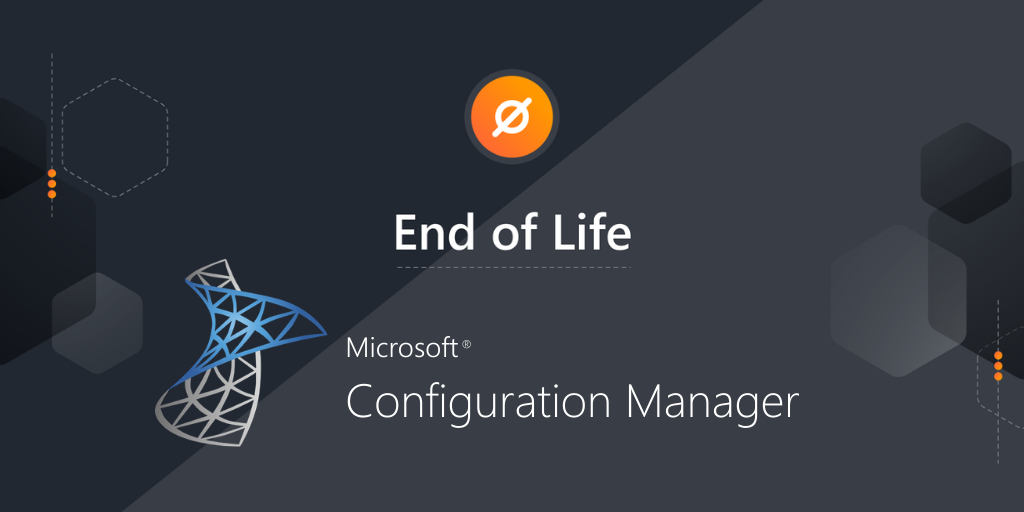
W12 SAM & ITAM Jobs | #ITAMjobs
This week's SAM & ITAM job listings feature global opportunities across various roles, from IT Asset Managers to Software Asset Management Consultants. Companies hiring include Playkot, SoftwareOne, Booz Allen Hamilton, Deloitte, and Gartner, with positions spanning the US, Europe, Asia, and Australia. Licenseware encourages job seekers and employers to stay updated by following their posts or reaching out directly for more opportunities.
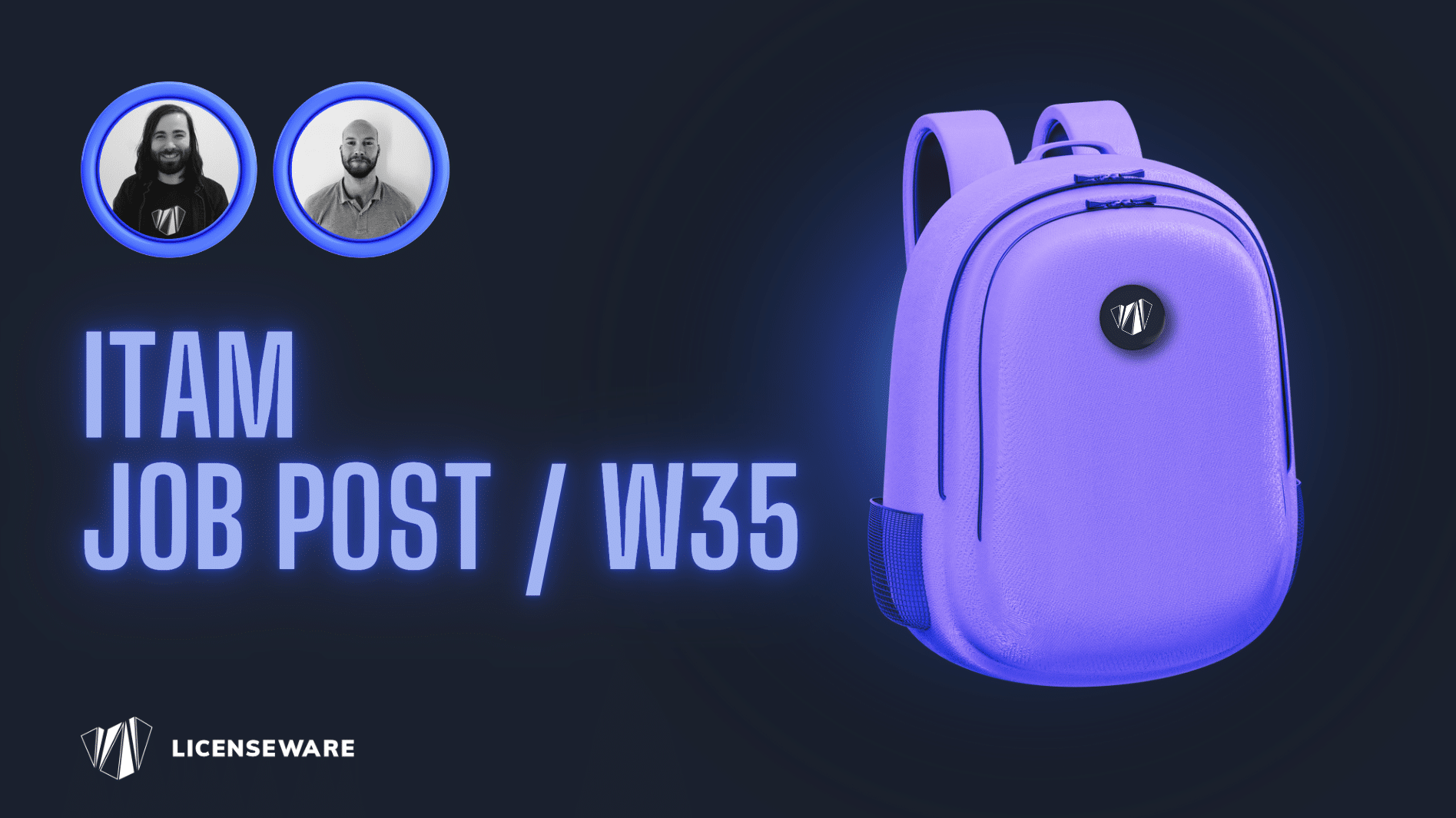
FinOps breaks out of the cloud
FinOps, initially focused on optimizing cloud costs, is now expanding into private cloud, SaaS, licensing, AI, and on-premises data centers, with 75% of Forbes’ Global 2000 companies adopting its practices. Organizations like Fidelity and CarMax are broadening FinOps beyond cloud cost management, while AI cost governance is becoming a major focus as companies look to optimize AI-related expenses. Despite growing demand, existing FinOps tools have gaps in managing diverse IT expenses, particularly in SaaS and AI, prompting organizations to develop custom solutions and frameworks to enhance financial visibility and efficiency.

ServiceNow releases no-code, low-code AI agent builder
ServiceNow has launched ServiceNow Studio, a no-code, low-code, and pro-code platform to streamline AI agent development and enterprise automation. As part of its Yokohama release, the company has made thousands of pre-built AI agents generally available and announced its $2.85 billion acquisition of AI startup Moveworks. While enterprises are eager to adopt AI agents, concerns remain over accuracy, governance, and workforce adaptation, with many prioritizing IT service desk automation and cost reductions.

Kubernetes Clusters Running at Just 10% CPU Utilization, Cast AI Report Finds
A Cast AI report found that Kubernetes clusters are running at just 10% CPU utilization, highlighting persistent inefficiencies and cloud waste. Organizations could reduce costs by up to 77% using spot instances, but under provisioning of memory in 5.7% of containers leads to instability. The report also emphasizes the importance of automation in managing Kubernetes workloads and optimizing GPU availability to cut cloud expenses.

📖 Tips
Which Versions of Java Are Free?
Understanding Java's licensing is essential to avoid unexpected costs, as Oracle requires a paid subscription for updates beyond the last free public version. Organizations can either stay on the last free update without security patches, switch to OpenJDK or other free alternatives, or purchase a Java SE Subscription for ongoing support. To prevent compliance issues, businesses should track their Java versions, avoid unauthorized updates, and stay informed on Oracle’s evolving licensing policies.

Salesforce Marketing Cloud: Complexity, Licensing, and Negotiation Pitfalls
Salesforce Marketing Cloud (SFMC) is a powerful but highly complex marketing automation platform, with evolving licensing models and consumption-based pricing that can create budgeting uncertainties. Many organizations struggle with negotiation pitfalls, such as treating SFMC as a standalone purchase, lacking internal alignment, and failing to manage escalating costs effectively. To maximize value and avoid financial strain, businesses must take a strategic approach by integrating SFMC negotiations into broader Salesforce contracts, ensuring internal coordination, and closely monitoring usage to prevent unexpected expenses.
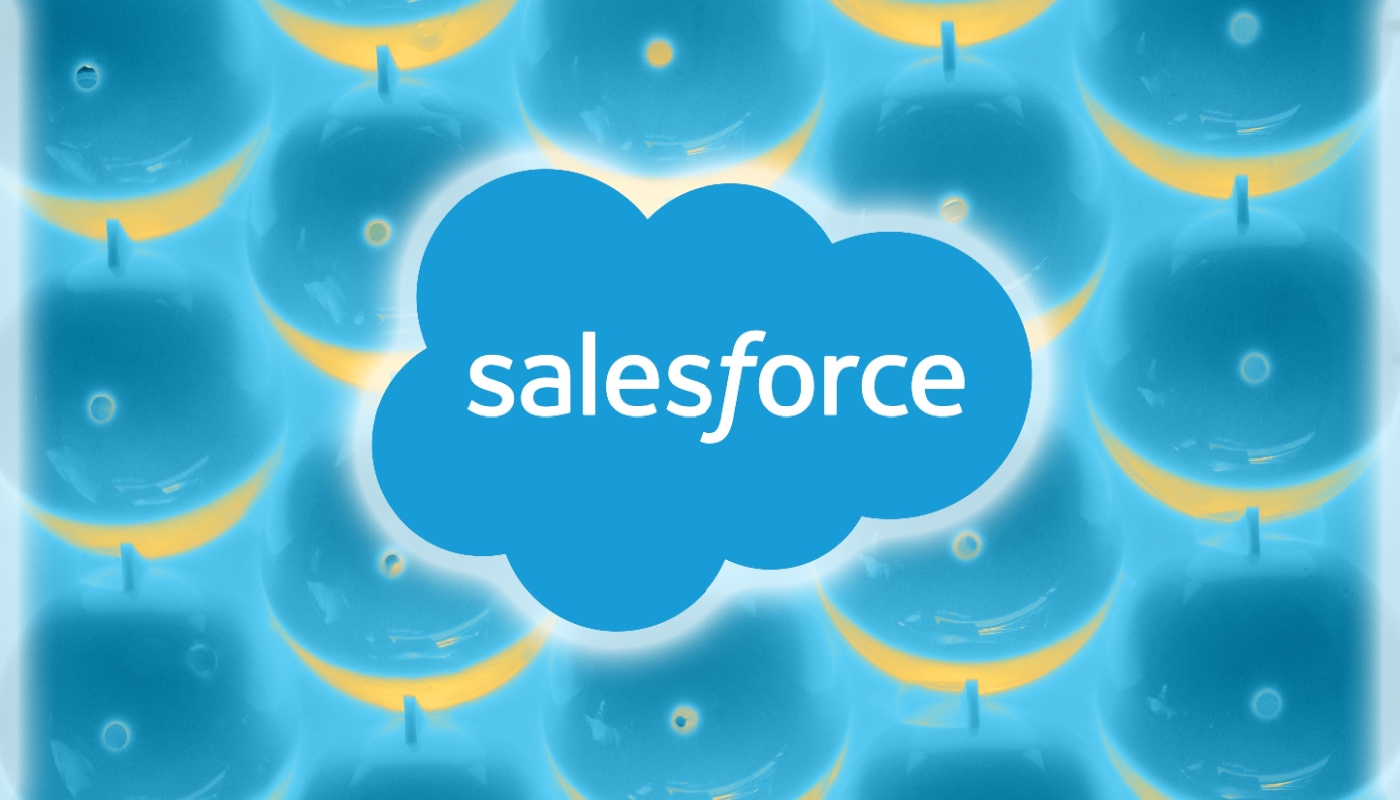
Why modern IT asset management demands artificial intelligence
Traditional IT Asset Management (ITAM) methods struggle to keep up with the complexity of modern IT environments, leading to wasted resources, compliance risks, and cybersecurity vulnerabilities. AI-powered ITAM solutions automate cost optimization, compliance monitoring, and proactive asset management, reducing inefficiencies and freeing IT professionals for strategic work. Organizations can enhance ITAM effectiveness by leveraging AI-driven insights and expert services to minimize risks, cut costs, and improve overall resource management.

🐛Bugs & Exploits
Malicious Adobe, DocuSign OAuth apps target Microsoft 365 accounts
Cybercriminals are deploying malicious Microsoft OAuth apps disguised as Adobe and DocuSign applications to steal Microsoft 365 credentials and deliver malware. Proofpoint researchers found these highly targeted campaigns using phishing emails from compromised accounts to trick victims into granting limited permissions, which then lead to phishing pages or malware distribution. Users and Microsoft 365 administrators are advised to carefully review OAuth app permissions and restrict third-party app consent to mitigate such threats.
